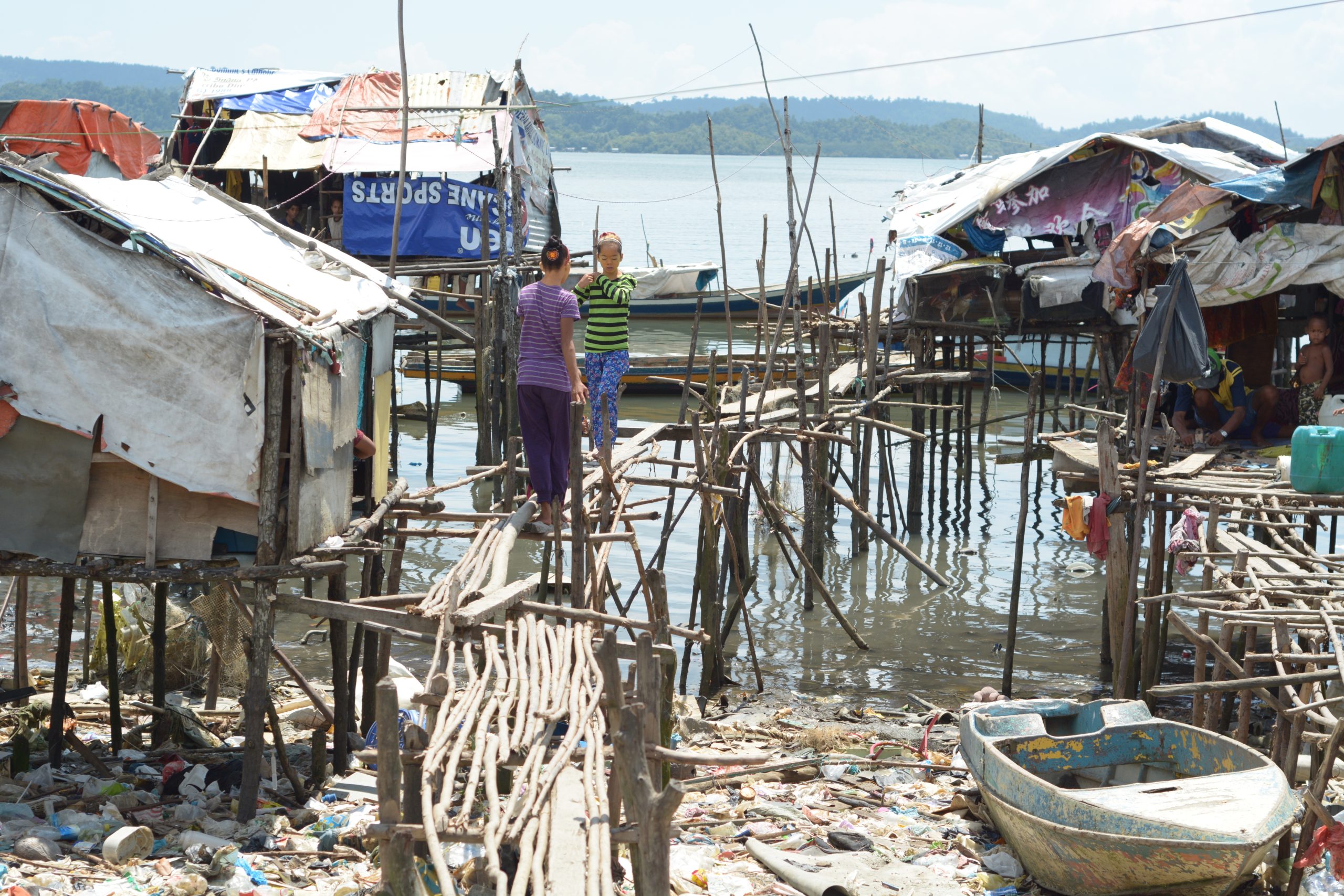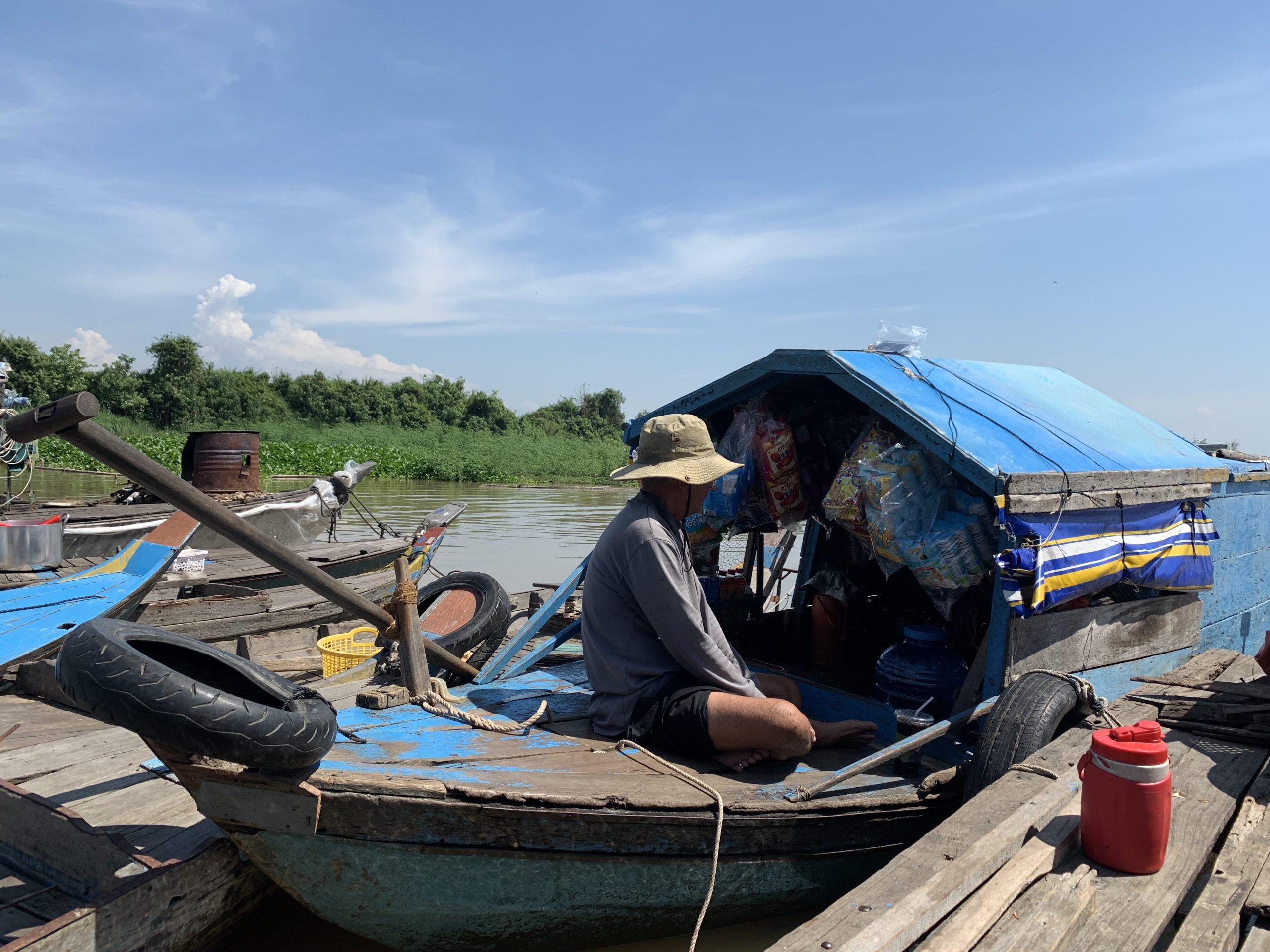1. Citizenship Law
a. Jus Sanguinis and/or Jus Soli Provisions
All the nationality laws in East Asia operate through a jus sanguinis structure, with Taiwan, North Korea, and South Korea additionally utilizing a limited jus soli structure. In three states (Japan, South Korea, and Taiwan) children born to a national parent or parents will be considered a citizen with no distinction made between children born within or outside of the country. The citizenship laws of three states (China and Hong Kong, Mongolia, and North Korea) provide some differential treatment between children born within or outside of the country. It is important to note that China’s nationality law has applied to Hong Kong since 1997. In both Mongolia and North Korea, a child must be born to two citizen parents in order to be a citizen. Children will also become citizens in China and Hong Kong if born in the territory to one citizen parent or outside of the territory to one citizen parent as long as both parents have not settled abroad. For the acquisition of citizenship for children born to one citizen and one foreign citizen in Mongolia, a written agreement from the parents is required.
The extra condition of citizenship by acknowledgement is present in the citizenship laws of Japan and South Korea. Children born to one South Korean citizen and one foreign citizen may gain citizenship by acknowledgement by the citizen parent. While Japan does not require Japanese women who have had a child out of wedlock with a foreign man to acknowledge the birth of their child due to legislation automatically certifying their relationship, Japanese men who have had a child with a foreign woman out of wedlock do have to make an acknowledgement of his relationship with the child in order for the child to gain citizenship by descent.
The application of the citizenship laws in East Asia is further complicated by household registration systems which simultaneously operate. The impact of these systems on the realization of citizenship is specifically notable in China, Japan, and Taiwan. In China and Taiwan, nationals are afforded different rights based on whether they do or do not hold ‘Household Registration’. Only those who hold ‘Household Registration’ have access to complete residential and voting rights in Taiwan. This extra administrative layer complicates the task of mapping laws within these countries as citizenship laws form only a component of a larger web of laws and policies that impact an individual’s ability to gain and prove their citizenship.
East Asia is the only sub-region in the Asia-Pacific without discriminatory provisions present in the citizenship laws of any State.
b. Naturalized Citizenship
No country in East Asia, except Taiwan, provides a simplified or expedited naturalization process for stateless persons. In the Enforcement Rules of the Nationality Act of Taiwan, a stateless person is defined as “a person who is not recognized as the citizen of any country according to the laws of that country”. This aligns with the 1954 Statelessness Convention definition of a stateless person.
Convention, which defines a stateless person as someone “who is not considered as a national by any State under operation of its law”, which notably does not place the burden of proof on the stateless person. Stateless persons are explicitly eligible to apply for naturalization in Mongolia, North Korea, and Taiwan and may be eligible in China if they meet the relevant requirements and in Japan if they meet the requirements for the separate naturalization process for aliens. Provisions for naturalization in China’s Nationality Law also apply to Hong Kong, with foreign nationals or stateless persons able to apply for naturalization. Additionally, Hong Kong utilizes the concept of “right of abode”, which only permanent residents enjoy, providing them with various rights, including the rights to land and stay in Hong Kong, as well as the rights to stand for election in accordance with law. Anyone found to be residing in Hong Kong without permanent residence may be deported from Hong Kong. Non-Chinese citizens are eligible if they have legally entered Hong Kong, ordinarily resided in Hong Kong for at least seven continuous years, and have “taken Hong Kong as their permanent place of residence” or are under 21 years of age and were born in Hong Kong to at least one permanent resident.
In South Korea’s citizenship law, only ‘foreigners’ are mentioned to be eligible for naturalization. While North Korea states that stateless persons are eligible for naturalization, its legislation provides no details on the process of naturalization. Countries which have permanent residence requirements for naturalization, including Japan, Mongolia, and South Korea, all require five years residence prior to application for naturalization. In China, the requirement to show a copy of the applicant’s passport in the application may act as a barrier to stateless persons who are unlikely to have passports. Article 32 of the 1954 Convention relating to the Status of Stateless Persons stipulates that naturalization should be expedited for stateless persons to “reduce as far as possible the charges and costs of such proceedings”.
c. Dual Citizenship
Dual citizenship is generally not recognized in any of the countries in East Asia. However, South Korea and Taiwan do allow for dual citizenship only in exceptional cases. Taiwan allows dual nationality only for foreign nationals who have made “special contributions to Taiwanese society” and are “high-level foreign professionals” in certain fields. In South Korea, children born to South Korean parents outside the territory of Korea, marriage migrants, naturalized foreigners of outstanding talent, and those who previously held Korean citizenship are eligible to maintain dual citizenship. In Japan and Mongolia, foreign citizens applying for naturalization must first renounce their foreign citizenship, leaving them in an indefinite period of statelessness throughout the application process. In Mongolia, a lack of legal safeguards around renunciation of nationality, and the bar on dual nationality has left many ethnic Kazakhs stateless. South Korea’s legislation provides some protection against this in stipulating that foreign citizens must renounce prior citizenship within one year of receiving South Korean citizenship. Taiwan similarly requires that foreign citizens who are not eligible to keep dual citizenship provide a certificate of loss of previous nationality within one year of being approved for naturalization in Taiwan. If they fail to do so, their naturalized citizenship will be revoked. The renunciation process is not explained in China, Hong Kong, or North Korea. Article 7(1) (a) of the 1961 Convention on the Reduction of Statelessness states that State parties which allow renunciation of citizenship must ensure that “such renunciation shall not result in loss of nationality unless the person concerned possesses or acquires another nationality”.
2. Treaty Ratification Status
South Korea and Hong Kong are the only States in the region party to either of the Stateless Conventions, having ratified the 1954 Convention relating to the Status of Stateless Persons. Three States, China, Japan, and South Korea are all contracting States to the Refugee Convention and its 1967 Protocol. All countries in East Asia are party to ICESCR, CEDAW, and CRC.
Despite ratification of CEDAW, South Korea retains a reservation against Article 9 which provides for the equal right to acquire, change or retain nationality for women and the equal right to pass nationality onto their children. The ICCPR is ratified by all states except China, while North Korea is the only country which has not ratified ICERD. In 1997, North Korea attempted to withdraw from the ICCPR; however, this act was rejected by the Secretary-General due to the Covenant’s lack of withdrawal provision.
| Country | 2019 (year start) | 2020 (year end) | 2021 (year end) | 2022 (year end) |
|---|---|---|---|---|
| Democratic People’s Republic of Korea | – | – | – | – |
| Hong Kong SAR | – | – | – | – |
| Japan | 709 | 707 | 707 | 508 |
| Mongolia | 17 | – | 17 | 17 |
| People’s Republic of China | – | – | – | – |
| Republic of China (Taiwan) | – | – | – | – |
| Republic of Korea | 197 | 203 | 202 | 241 |
| TOTAL | 923 | 910 | 926 | 766 |
Source: UNHCR, Global Trends: Forced Displacement from 2019-2022











